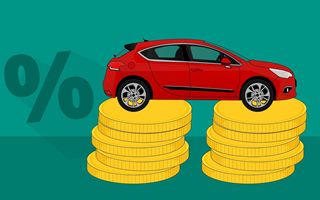(Finance) – Reduction in demand for petrol and diesel for mobility and the arrival on the roads of over 4 million electric cars, foreseen by the latest PNIEC, will lead to a reduction in tax revenue deriving from excise duties on fuel 3.8 billion euros in 2030 which could rise to 9 billion euros in 2040.
This is what emerges from an analysis carried out by the UNEM Study Center, the association of companies operating in Italy in the sectors of refining, logistics and distribution of petroleum products.
To compensate for the lower revenue by 2030, according to the study, “unless we increase excise duties on petrol and diesel, already among the highest in Europe, the other extreme option would be to review the current taxation on charging for electric cars, with significant effects on consumers’ pockets”. In fact, Unem calculates, wanting to recover the lost fuel revenue from electric cars, the cost of traveling 100 km with a BEV car would go from the current 5-6.5 euros to 19-24 euros “four times the current cost and double that incurred today with a petrol hybrid car”.
“A well-known problem that Minister Giorgetti also recently spoke about – continues Unem – which this analysis can help to frame from an economic/financial point of view to find fair solutions that do not penalize consumers too much. After all, if Italy it is among the countries where electricity penetration appears slower than in rest of Europe, it is also the one where the tax revenue guaranteed by mobility is certainly among the most significant”.
